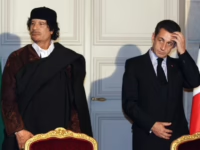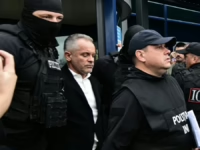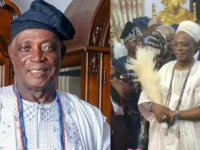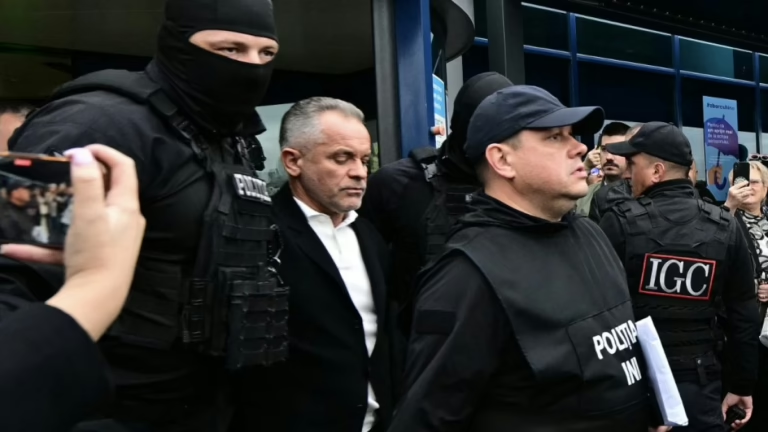The trial of ex-political influencer Vladimir Plahotniuc unfolds amid heightened tensions, with elections imminent and officials alerting the public to potential Russian interference.
Vladimir Plahotniuc, Moldova’s most infamous fugitive businessman, has been extradited from Greece to face charges linked to the nation’s largest financial scandal, according to AFP and local news outlets.
The 59-year-old former oligarch, implicated in the disappearance of approximately $1 billion from Moldovan banks in 2014, arrived in Chisinau on Thursday under heavy security. This fraud, often dubbed the “heist of the century,” represented nearly 12% of Moldova’s GDP at that time.
Greek authorities apprehended Plahotniuc in July at Athens airport on an Interpol red notice as he attempted to board a flight to Dubai. After spending two months in custody in Greece, he was transferred to Moldovan officials.
Once regarded as the dominant force within Moldova’s Democratic Party, Plahotniuc has consistently denied any criminal involvement and fought extradition efforts. He is scheduled to appear in a Chisinau courtroom on September 26.
The timing of his return is politically sensitive, especially amid allegations of his alignment with Russian interests. Moldovans are set to vote in parliamentary elections on September 28, a pivotal moment that could steer the country closer to the European Union or deepen ties with Moscow.
Sanctions and Allegations of Russian Influence
Plahotniuc fled Moldova in 2019 amid multiple investigations, including the bank fraud case. He subsequently resided in the United States for several months, where he sought asylum.
His asylum application was denied, and in January 2020, the U.S. government revoked his visa. Then-Secretary of State Mike Pompeo accused him of corruption that “gravely undermined the autonomy of Moldova’s democratic institutions.”
Sanctions targeting Plahotniuc have been imposed by the European Union, the United States, and the United Kingdom, citing his attempts to destabilize Moldovan governance and erode the rule of law.
Moldovan prosecutors assert that the former magnate must now face charges including fraud, money laundering, and organized crime. His legal proceedings are expected to dominate the national discourse as the country prepares for a highly contentious election.
Earlier this week, Moldovan authorities arrested at least 74 individuals suspected of plotting “mass unrest.” President Maia Sandu has accused Russia of meddling in the electoral process.
Police reported that the arrests followed over 250 coordinated raids nationwide on Monday.
“These operations are connected to a criminal investigation into the orchestration of mass disturbances and destabilization, allegedly directed from the Russian Federation through criminal networks,” police stated.
Pro-European leader Sandu described the upcoming vote as the “most critical” in Moldova’s history and accused Moscow of injecting “hundreds of millions of euros” to influence the election outcome.






















